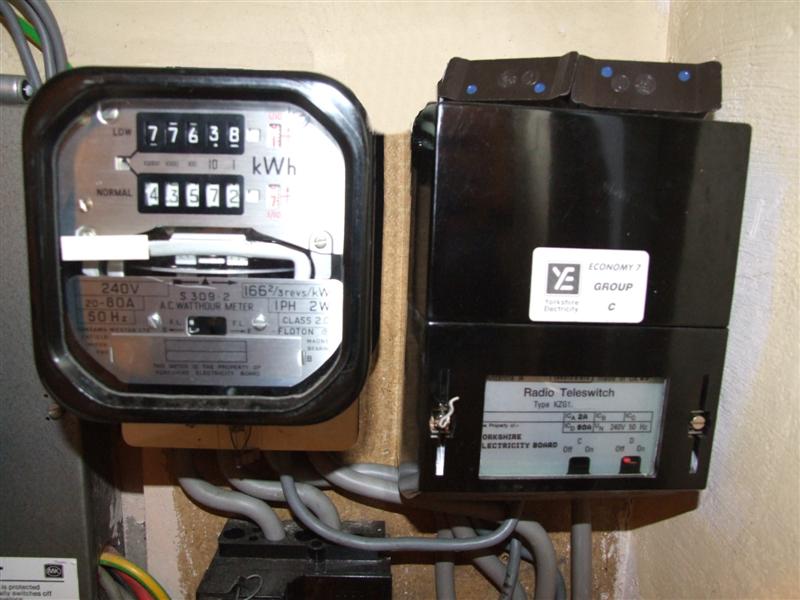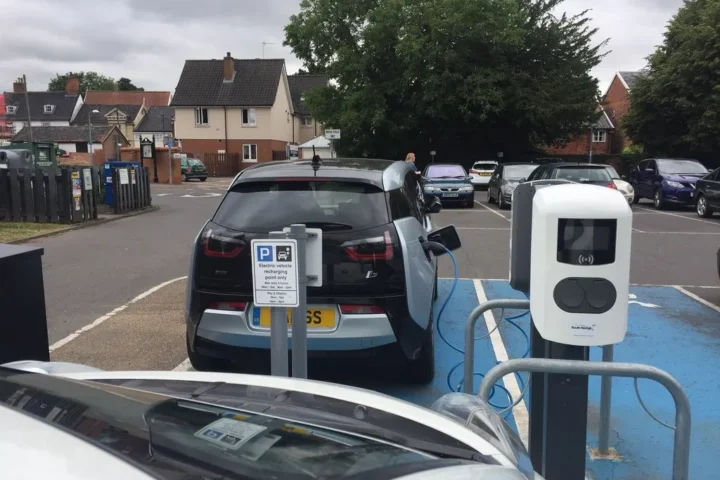The clock is ticking for 430,000 British households still using outdated Radio Teleswitch (RTS) meters, with industry leaders now openly admitting it will be “very, very difficult” to replace them all before the critical June 30 shutdown deadline. In a stark admission on BBC Radio 4’s “You and Yours” programme, Ned Hammond, Deputy Director at Energy UK, confirmed the industry is replacing “over a thousand meters every day” – a pace that would need to increase fivefold to clear the baklog in time.
“Replacement rates must increase significantly to avoid risking consumer welfare,” Hammond warned, with the current rate leaving hundreds of thousands of homes vulnerable when the technology is switched off this summer.
What’s actually happening?
RTS meters, which control heating schedules and off-peak electricity rates via BBC Radio 4 long-wave signals from the Droitwich transmitter, will stop functioning when the supporting broadcast technology ceases on June 30. The technology dates back to the early 1980s and relies on vacuum valves that can no longer be replaced.
Without replacement meters, households could lose automatic switching between peak and off-peak rates—potentially resulting in higher bills or complete loss of hot water and heating control.
When pressed by the BBC presenter whether meeting the deadline was “impossible,” Hammond responded: “I wouldn’t want to say impossible, but clearly yet very, very difficult to get to that point.”
Who’s affected?
Major energy suppliers have begun urgent customer alerts:
- British Gas has warned 12,000 customers
- Octopus Energy has urged 133,000 households
- E.ON Next may have around 65,000 customers still to act
- EDF needs to replace approximately 60,000 meters
Rural and vulnerable households face particular risk. In Scotland alone, 165,000 meters need replacement, many in remote or island communities where technical challenges and engineer access create additional hurdles.
Simon Francis from the End Fuel Poverty Coalition painted a stark picture of the potential consequences while talking on BBC’s “You and Yours”: “What will happen is that your heating may either be continually off or potentially even worse, continue on. So running up huge bills and that with the same fuel, your hot water and your heating.”
The End Fuel Poverty Coalition has highlighted concerns that over 300,000 vulnerable households could experience service disruption, with many relying on electric storage heating that would fail to switch between rates. Simon warned in an EFPC statement: “While our member organisations nationwide will keep supporting the transition and raising awareness, we now need immediate action. There’s a genuine danger that more than 300,000 households could find their RTS meters non-functional after July 1, 2025.”
Similar Posts
How to identify an RTS meter
For those unsure if they have an RTS meter, Francis advised: “The main thing to look for is that it will probably say next to the meter there might be another box or it might say on the meter radio teleswitch, or it might say RTS.”
Other indicators include being on an Economy 7 tariff or similar multi-rate tariffs like Total Heat Total Control, and having electric-only heating without gas connection.
What happens after June 30?
Industry experts still haven’t finalised contingency plans for customers whose meters aren’t replaced in time. Hammond confirmed they’re developing measures: “We are developing plans for what happens from the 1st of July based on various scenarios of how many meters are remaining.”
When asked about customers facing heating permanently off or constantly running, Hammond was unable to provide guarantees: “We are trying to ensure that does not happen. And the plans that we’re putting in place should ensure that’s very unlikely to happen. But as time goes by and during the phase down, then that becomes a bigger risk.”
Why can’t the deadline be extended?
The deadline has already been extended once from March 2024, but further extensions appear unlikely. Hammond explained: “The challenge around extending it is just that the system is very old now. It was introduced in the 1980s that uses long wave radio signal, which as I’m sure most listeners will know, is sort of becoming obsolete and that system becomes more and more difficult to maintain over time. So it’s not something where we can just keep sort of like extending it forever.”
Industry response and complications

Ofgem has established an RTS Taskforce and launched a nationwide advertising campaign fronted by Lorraine Kelly to alert remaining customers. The regulator requires suppliers to maintain equivalent tariffs when upgrading customers to smart meters.
Octopus Energy has created regional “RTS Tour” teams in Manchester, Leeds and Sheffield to expedite installations, while other suppliers are expanding appointment availability.
Installation capacity remains the most significant bottleneck. With approximately 430,000 meters still needing replacement and daily completions at just 1,000, the industry would need to install around 5,000 meters daily through June to meet the deadline.
The Department for Business, Energy and Industrial Strategy (BEIS) has set targets for 74.5% smart meter coverage by end-2025, with new reporting requirements for suppliers who miss installation targets.
Smart meters provide the only viable replacement, offering automated switching, half-hourly readings and home energy displays. For properties where smart meters cannot be installed, suppliers must fit “suitable” alternatives to maintain service.
The challenge isn’t merely technical. Some customers actively resist having smart meters installed, despite suppliers’ assurances of equivalent tariffs and similar functionality.
Frazer Scott, Chief Executive of Energy Action Scotland, offered a scathing assessment: “Time and time again consumers are left in the dark by the Government and an energy industry failing to deliver on its promises to deliver improvements. Let’s not forget that many of these firms are making significant profits from customers and yet their customers, including many vulnerable people, may be left without working heating and hot water or facing the prospect of spiralling costs in just a few weeks time. The impact of failure in the switchover process on the health and wellbeing of people across Scotland don’t bear thinking about.”
For those affected, the simplest action is clear – contact your energy supplier immediately to book a free replacement before the June 30 switch-off happens.


















